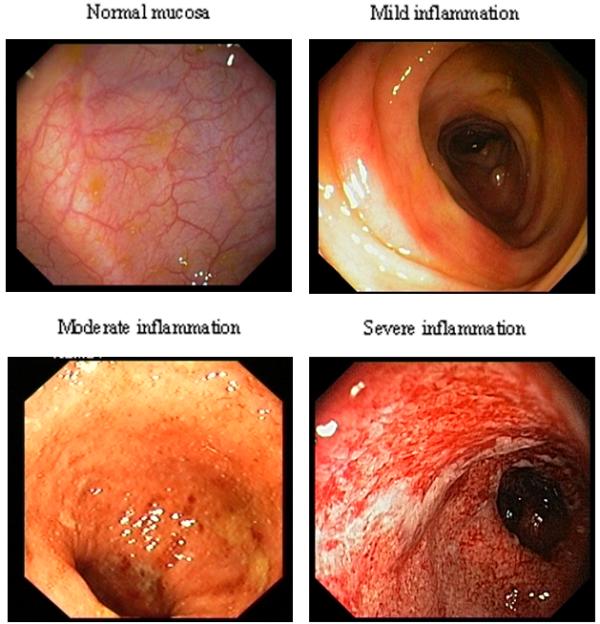
Antibiotic-associated olitis, also known as pseudomembranous colitis or C. difficile colitis, is an inflammation of the colon that occurs in some people who have received antibiotic therapy. taking antibiotics kills many of the beneficial bacteria in the gastrointestinal tract, allowing an overgrowth of Clostridium difficile, or C. difficile, a bacterium that is resistant to the most common antibiotics. C. difficile secretes a toxin that causes inflammation in the colon and the resultant symptoms.Diarrhea
According to MayoClinic.com, diarrhea is the most common initial symptom of pseudomembranous colitis. The stool becomes watery and foul-smelling, and may contain blood and mucous. Patients with pseudomembranous colitis have frequent bouts of copious diarrhea, which causes the sensation of needing to have a bowel movement when your bowels are in fact empty, a symptom called tenesmus.
Dehydration
People with pseudomembranous colitis have a high risk of moderate to severe dehydration. Symptoms of dehydration include sunken eyes; dry lips and mouth; a decrease in the blood pressure when standing up; rapid heart rate as the heart tries to compensate for the decrease in fluid by increasing the rate of blood circulating in the body; and decreased urine output. The urine becomes concentrated, as the kidneys try to remove as much water as possible from it, leaving salts and other solutes. Electrolyte imbalances can result from dehydration. High or low levels of potassium, for example, can lead to deadly cardiac rhythm abnormalities. Abnormalities in the level of sodium in the bloodstream can lead to brain swelling and seizures.
Abdominal Pain
According to the Merck Manuals, cramping and abdominal pain are common symptoms in people with pseudomembranous colitis. The abdomen can become distended and rigid and the pain can be severe. often, these symptoms can be mistaken for another condition, such as appendicitis. Rarely, a severe Clostridium difficile infection can perforate the bowel, resulting in peritonitis, or an inflammation of the lining of the inside of the abdominal wall. Symptoms of peritonitis include abdominal distention, tenderness, fever, nausea, vomiting, and inability to pass stools or gas.